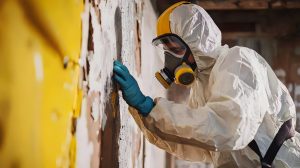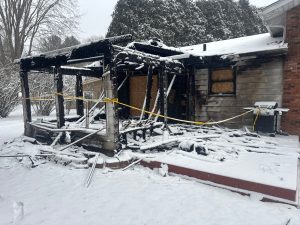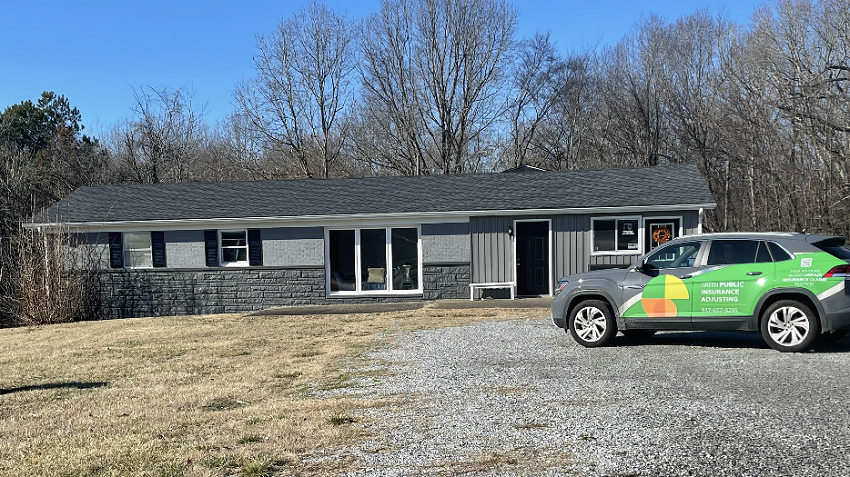When professionals work within a company or firm, their competence is often measured by performance metrics, peer oversight, and organizational reputation. But what happens when that same professional steps away from the structure of an organization and begins operating independently — as a sole practitioner in the insurance appraisal arena?
Who, then, ensures competence?
Reputation Is Earned, Not Regulated
For many seasoned appraisers, reputation becomes their most powerful credential. After years of fieldwork, negotiation, and testimony, the industry learns who delivers thorough, defensible work — and who does not.
Yet reputation, while valuable, is inherently informal. It’s built through perception and history rather than any standardized review process. When an appraiser leaves a company to work independently, there is often no formal oversight ensuring their methods or ethics continue to align with professional expectations.
That reality raises a broader question: in a profession that influences multi-million-dollar claim outcomes, should competence rely solely on personal reputation?
Iowa’s New Requirement: A Turning Point in Oversight
In 2025, the State of Iowa took a significant step toward formalizing competence by announcing that individuals performing insurance appraisal services in the property and casualty space must now hold a Certified Appraiser license.
The new requirement marks one of the first instances of a state introducing a licensing mandate specific to insurance appraisers, signaling a shift toward greater oversight in a historically self-regulated profession.
Under Iowa’s model, appraisers are subject to qualification standards similar to those imposed on other licensed professionals — including background checks, continuing education, and adherence to professional conduct codes.
This move raises the question: will other states follow Iowa’s lead? And if so, how might that reshape what it means to be “qualified” to perform as an appraiser in the insurance industry?
For many in the field, Iowa’s decision highlights a growing recognition that competence cannot rest on experience alone — it requires verifiable credentials, continuing education, and accountability.
The Role of Professional Training Organizations
Outside of state-level regulation, the industry has long relied on voluntary certification through respected training organizations such as:
- Insurance Appraisal and Umpire Association (IAUA)
- Windstorm Insurance Network (WIND)
- Property Loss Appraisal Network (P.L.A.N.)
These organizations provide structured education, certification, and re-certification processes intended to uphold technical skill and ethical conduct. But because participation is not mandated, the profession has historically depended on self-policing — with varying levels of rigor and consistency.
Iowa’s move changes that dynamic. It challenges other states and professional associations to reconsider whether voluntary programs alone are enough to ensure competence — or whether some form of regulatory verification should accompany certification.
Competence vs. Certification
Certification demonstrates that an individual has completed coursework and understands procedural principles. Competence, however, requires the consistent application of that knowledge in real-world cases.
An appraiser might hold multiple credentials yet lack practical understanding of building systems or policy interpretation. Conversely, an experienced practitioner with no formal certification may produce excellent, technically sound results.
The distinction underscores why a balance between education, experience, and regulation is necessary. Certification may open the door — but competence is proven through performance and accountability.
Who, Then, Ensures Competence?
In most jurisdictions, competence remains a shared responsibility:
- The marketplace rewards professionalism and penalizes poor performance through reputation.
- Courts occasionally weigh in when appraisal conduct is challenged in litigation.
- Professional organizations establish voluntary codes of ethics and peer standards.
- Now, in states like Iowa, the Department of Insurance or equivalent licensing authority provides an additional layer of accountability through statutory qualification requirements.
This layered system may represent the future of appraisal oversight — where self-regulation and state oversight coexist to preserve both independence and integrity.
A Call for Continuous Verification
Perhaps Iowa’s decision signals the beginning of a broader movement toward continuous competence verification.
A centralized framework — blending ongoing education, peer review, and licensing renewal — could help unify standards across states and reduce the disparity in how “qualified” is defined.
Such a model would not diminish the value of experience or reputation. Instead, it would reinforce them by ensuring all practitioners meet consistent, measurable expectations of professional ability.
Final Thoughts
The credibility of the insurance appraisal process depends on the credibility of those performing it. While reputation and experience remain critical, Iowa’s new licensing requirement underscores that competence should also be verifiable and enforceable.
As more professionals transition to independent practice, the industry faces an important crossroads: will we continue to rely on informal networks and reputation, or will we embrace a structured approach to ensure competence across the board?
The answer may well determine the long-term integrity — and public trust — in the appraisal process itself.
Disclaimer
This article is for informational purposes only and reflects the professional perspective of licensed public adjusters, not legal advice. Green Public Insurance Adjusting and its employees are not attorneys and do not represent any law firm.





